One Health Master’s Degree
Recognized by MEC Administrative Rule No. 942/2015 of 09/16/2015, published in DOU of 09/17/2015.
In 2008, the World Health Organization (WHO), the World Organization for Animal Health (OMSA), and the Food and Agriculture Organization of the United Nations (FAO) launched the initiative entitled One World, One Health. This approach recognizes that interactions between humans, animals, and the environment and interconnections of social, environmental, and economic determinants are paramount to preventing and controlling disease and promoting health and well-being. Therefore, the course develops research that addresses health, agricultural production, and the environment to minimize the risks arising from the human-animal-environment interface.
Duration: 24 months (810 hours)
Format: On-campus (in-person)
Degree Awarded: PhD (Doctorate)
Schedule: Full-time
Location: Interlagos Campus, Metrô Adolfo Pinheiro – Unisa Campus
Objectives
The One Health Program aims to train socially engaged researchers for the entire exercise of scientific research and teaching at a higher level, based on the contemporary concept of One Health. For this, the course focuses its efforts on the scientific maturation of the professional, creating an interdisciplinary and transdisciplinary vision so that at the end of their training, the postgraduate can act and generate knowledge in challenges involving animal health, human and the interrelationships with the environment.
Methodology
In addition to teaching and research activities, one of the central pillars of Unisa is promoting the integration of undergraduate and graduate students with vulnerable communities united for the pursuit of well-being and health. Especially in the Veterinary Medicine course, where it is already a tradition.
Course Contents
- Scientific Research Methodology*
- Biostatistics*
- Biology of Pathogen-Host Relationships
- Emerging Diseases
- Diagnostic Methods Applied to One Health
- Antimicrobial resistance and One Health
- Veterinary Medicine in Water Source Areas
- Scientific Assessment of Stress
- Field Sample Collection Methods
- Entrepreneurship and Project Management
- Collective Veterinary Medicine
- Microbiome
- Effective problem solving
- Scientific writing
- Hospital Infection Control
- One Health, One Welfare
- Research Seminars*
- Interdisciplinary Research Activities I*
- Interdisciplinary Research Activities II
- Basic Molecular Phylogeny
- Conservation Biology
- Vectors
- Contraception And Population Control Of Dogs And Cats
- Basic Epidemiology
- Biological Interactions
- Trypanosomatids Of Medical And Veterinary Interest
- Homeopathy And Animal Welfare
- Health And Well-Being Of Wild Animals
- Ethology And Animal Welfare
- Special Topics In Veterinary Andrology
- Problem-Based Learning
- Research And University Extension
- From Anthropization
- Didactics In Higher Education
- Main Foodborne Zoonoses
- Health Communication
*Mandatory subjects
Course Teachers
Prof. Dr. Rafael Garabet Agopian
Prof. Dr. Rafael Garabet Agopian
Profa. Dra. Adriana Cortez
Profa. Dra. Adriana Cortez
Prof. Dr. Alex Junior Souza de Souza
Prof. Dr. Alex Junior Souza de Souza
Prof. Dr. André Rinaldi Fukushima
Prof. Dr. André Rinaldi Fukushima
Prof. Dr. Arlei Marcili
Prof. Dr. Arlei Marcili
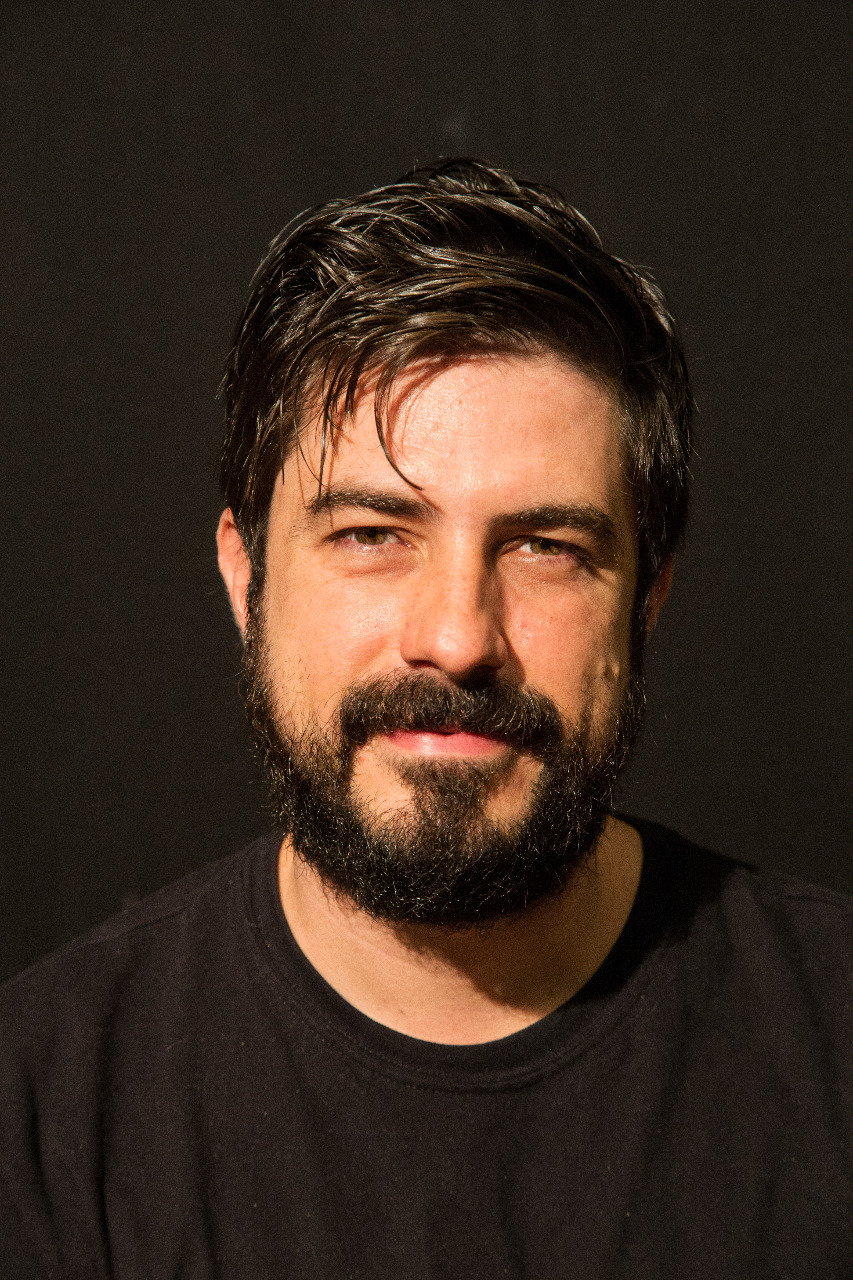
Prof. Dr. Bruno Alonso Miotto
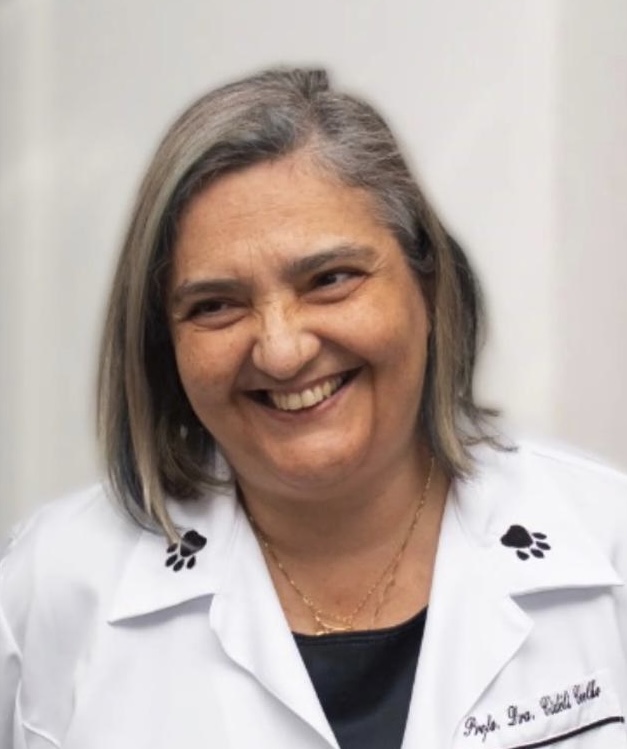
Profa. Dra. Cidéli de Paula Coelho
Prof. Dr. Guilherme José Costa Silva
Prof. Dr. Guilherme José Costa Silva
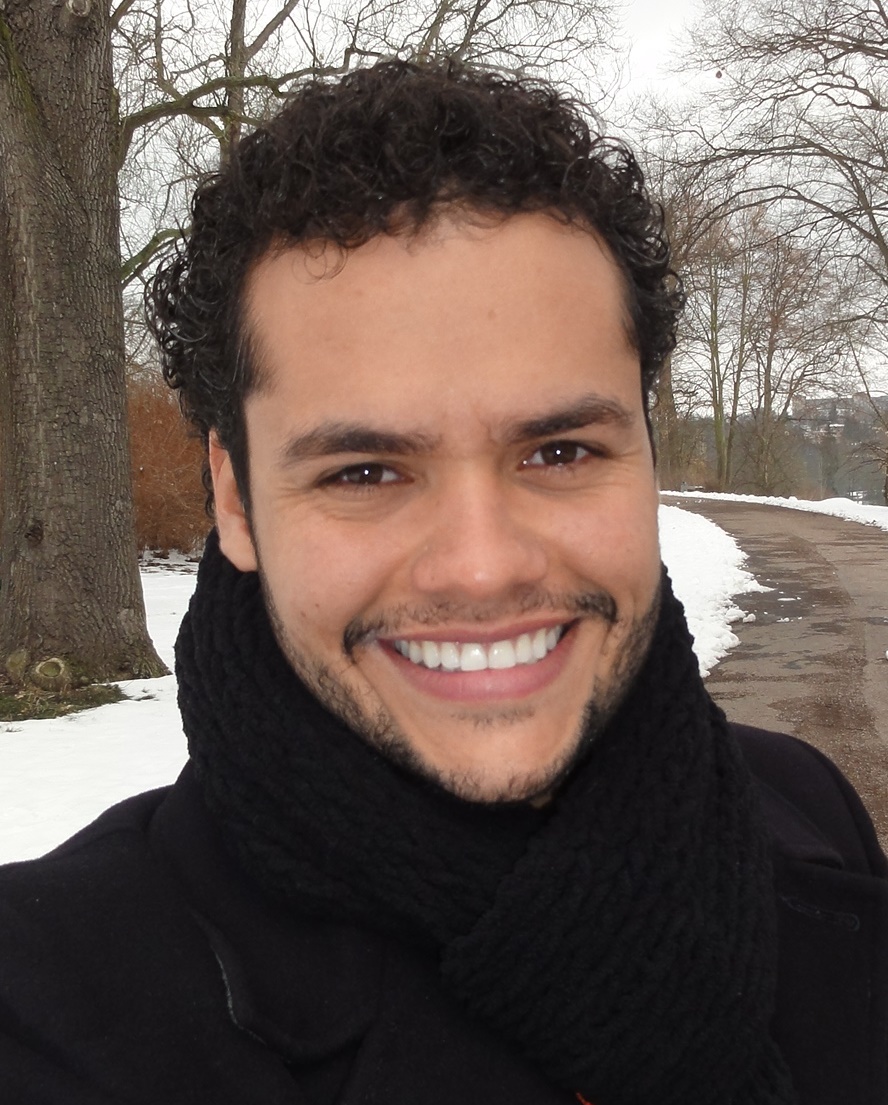
Prof. Dr. Herbert Sousa Soares
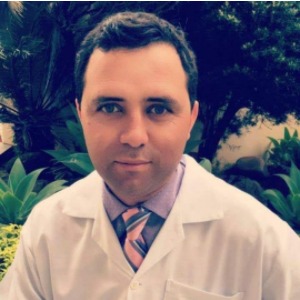
Prof. Dr. Jonas Moraes Filho
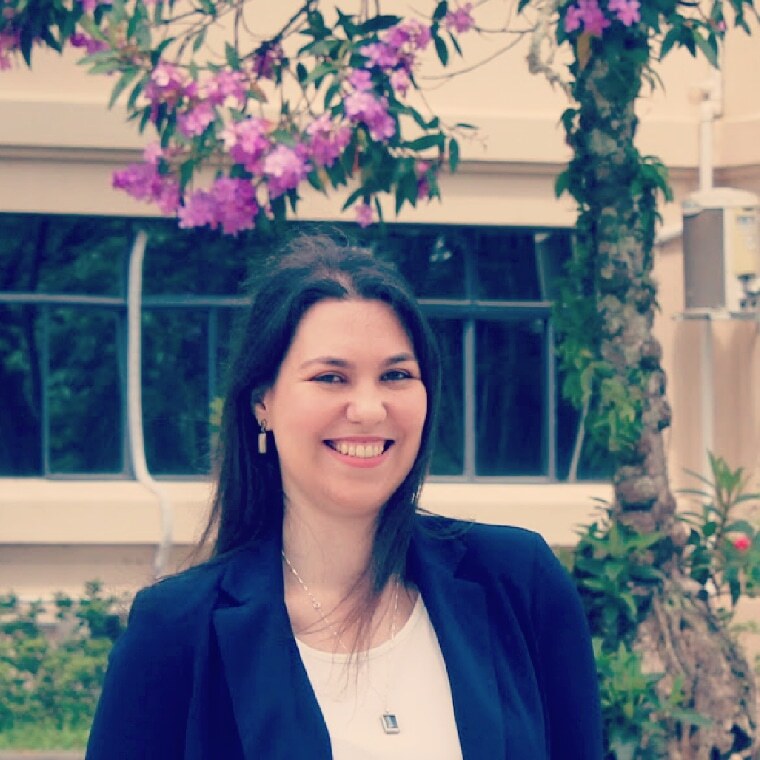
Profa. Dra. Natália Carrillo Gaeta
Prof. Dra. Paula de Carvalho Papa Keohane
Prof. Dra. Paula de Carvalho Papa Keohane
Published Articles
Click here to access articles published by the Teaching Body.
To Whom it is Intended
Veterinarians, Biologists, Biomedicals, Pharmacists, Agronomists, Zootechnicians and Chemists.
Laboratory Structure
Veterinary Research Laboratory – LabVet
Veterinary Hospital – HOVET
Mini farm School
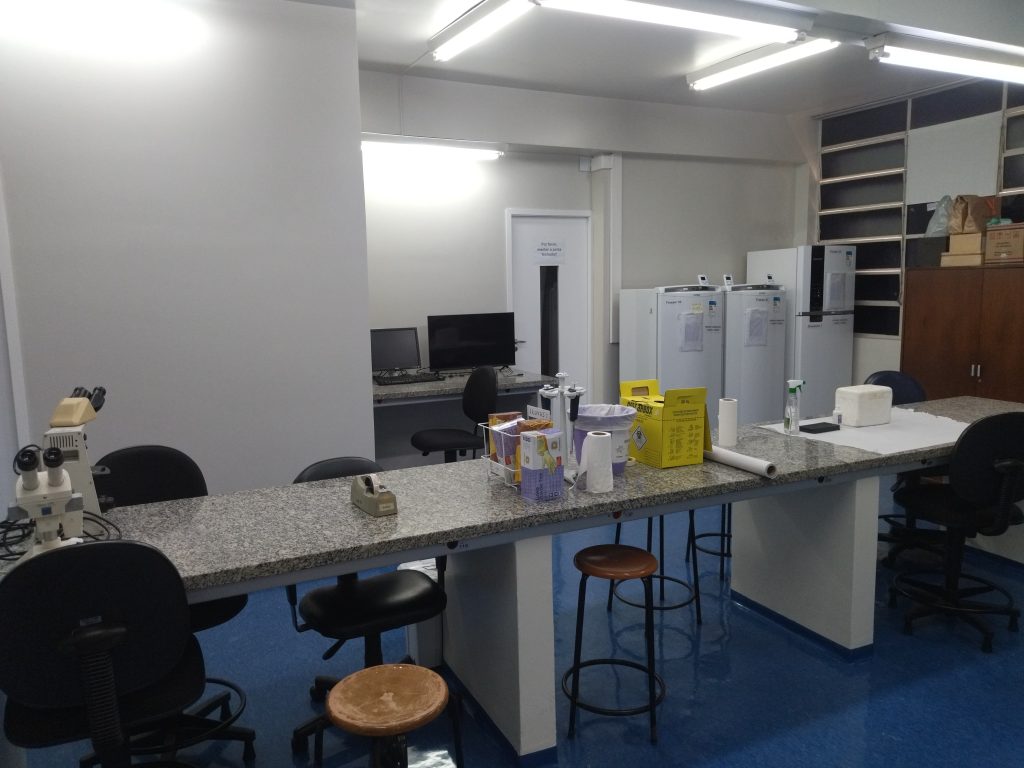
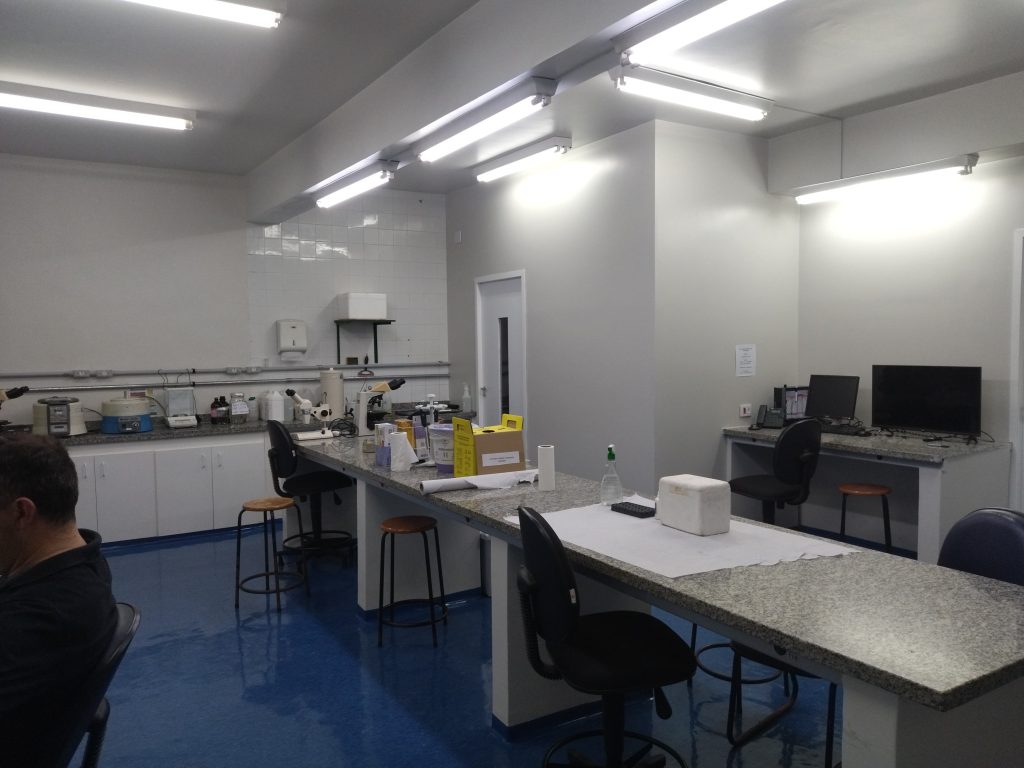
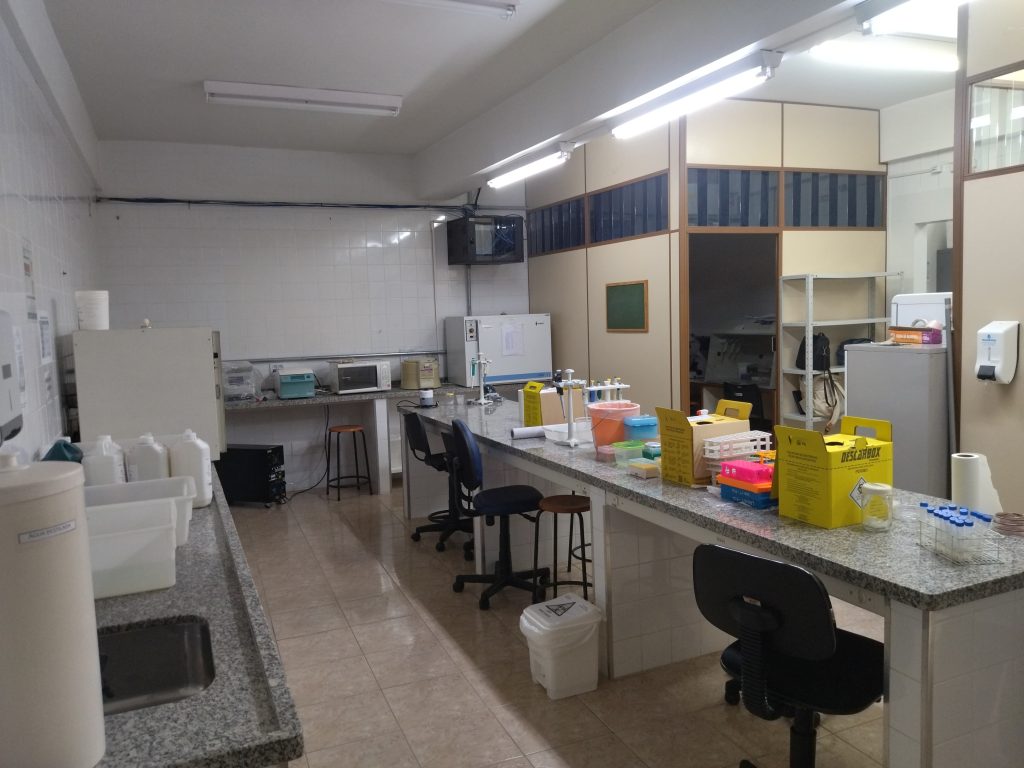
Laboratory Structure
Veterinary Research Laboratory – LabVet
It was developed to enable fundamental and applied scientific research focused on the regional characteristics of large urban centers, aiming at improving the environment and human and animal health. In addition, it aims at training human resources and quality scientific production in the different lines of research that make up the graduate program.
The laboratories are equipped to study:
cell biology and pathogen cultivation,
molecular biology,
molecular and serological diagnosis,
taxonomic studies, clinical and reproductive studies,
and animal nutrition.
Veterinary Hospital – HOVET
The Unisa Veterinary Hospital offers ambulatory care in medical and surgical clinics for small and large animals and an ambulatorial clinic for the care of wild animals. It has a surgical center with two rooms for small animals and large animals. A diagnostic imaging sector is also available, equipped with RX and ultrasonography.
The outpatient clinic for small animal care is large and has ten rooms. Five rooms are destined to the Medical Clinic Sector, of which one is destined for animals with suspicion of infectious diseases and the other five for the Sector of Surgery.
The surgical clinic has five ambulatory rooms. Two are for preparation and recovery, and three are for surgical centers, equipped with pantographic table, surgical focus, HB inhalation anesthesia apparatus (Conquest 3000 model), Digital line cardiac monitor (model DL 6000 vet), Emai pulse oximeter, and air conditioning. In addition, there is a surgical microscope (CEMAPO) for performing microsurgical and ophthalmic procedures.
The area destined for large animals has infrastructure prepared to receive the animals transported in trucks, a patio for water and sunbath, a trunk for containment, and a ring. The hospitalization sector has eight bays.
Mini farm School
The Mini farm School comprises six collective bays and four individual bays. The complex features covered bays, with cemented floor and water troughs for food supply, and an open-air with covered comfort area, where food and water troughs are located.
Currently, the herd comprises 25 animals distributed in adult goats, young goats, young goats, goats, sheep, and sheep.
Research Lines
HEALTH, WELL-BEING, AND BIODIVERSITY
One Health concept aims to study human and animal health, the environment in its plurality, and its interrelationships.
Selective Process 2026
- Inscrições: 25/08/2025 a 21/01/2026
- Documentação: 25/08/2025 a 21/01/2026
- Prova: 27/01/2026
- Entrevistas: 27 a 28/01/2026
- Resultados: 29/01/2026
- Matrículas: 02 a 06/02/2026
- Resultados 2ª chamada (se houver): 11/02/2026
- Matrículas 2ª chamada (se houver): 11 a 12/02/2026
- Início das aulas: 23/02/2026
- *Taxa de inscrição: R$ 50,00
- Acesse aqui o Edital.